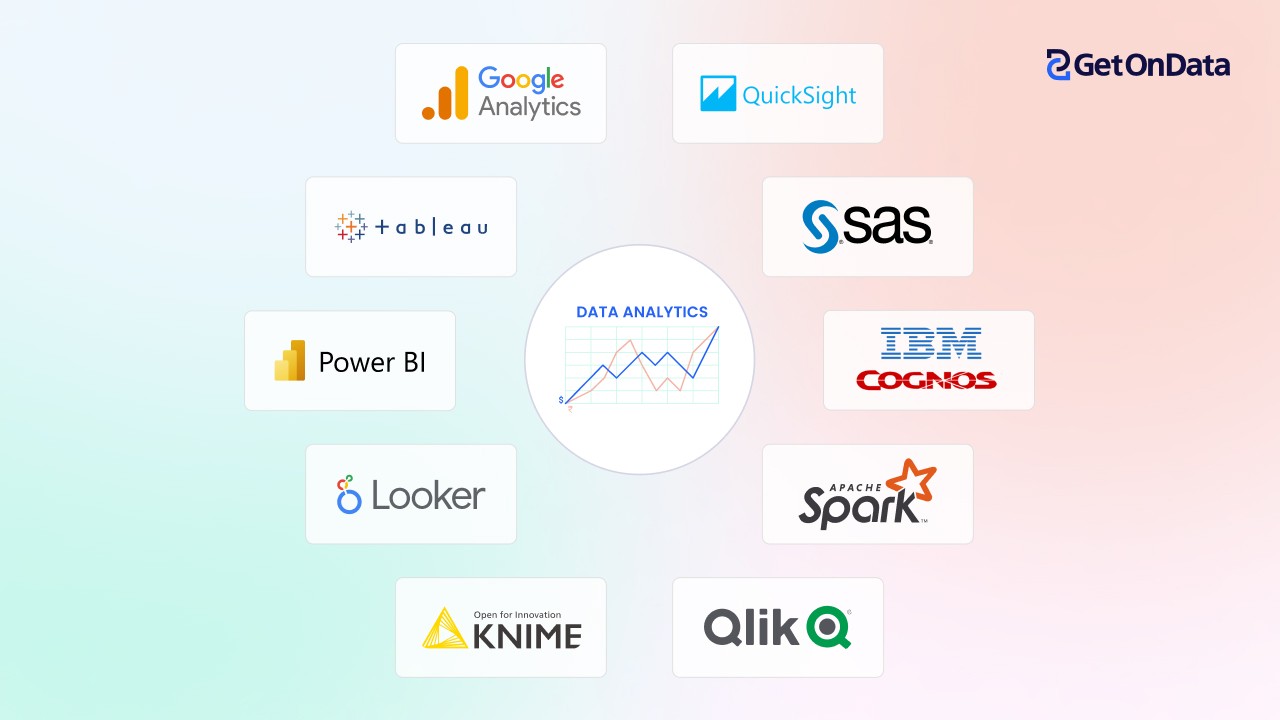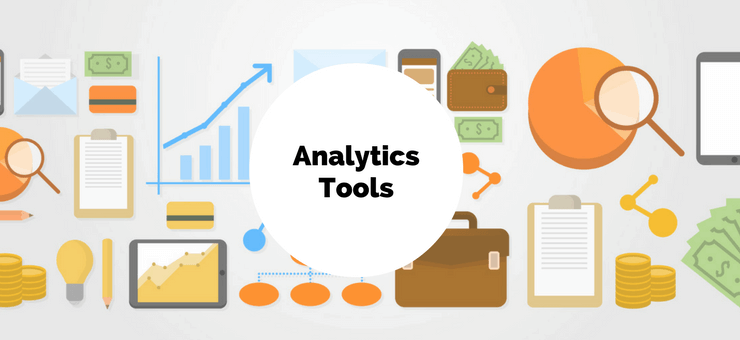Leverage Predictive Analytics for Future-Ready Decisions
Leverage Predictive Analytics for Future-Ready Decisions
Blog Article
Boost Efficiency and Success Via Data Analytics
In today's data-driven landscape, organizations are progressively recognizing the essential role of information analytics in improving functional effectiveness and success. By methodically analyzing data, companies can uncover critical insights that notify tactical choices, enhance procedures, and tailor client experiences (Analytics). The difficulty lies not only in the application of these logical tools yet likewise in understanding how to convert information into workable outcomes. As we discover the nuances of reliable data-driven methods, the ramifications for both temporary gains and long-lasting success come to be significantly clear. What might these insights expose for your company?
Recognizing Information Analytics
In today's data-driven landscape, understanding information analytics is necessary for organizations aiming to improve operational efficiency and drive earnings. Information analytics includes the systematic computational analysis of information sets to reveal patterns, correlations, and insights that educate decision-making. By employing different methods, such as statistical evaluation, equipment learning, and predictive modeling, companies can change raw information into workable knowledge.
The procedure usually starts with information collection, where pertinent information is gathered from numerous resources, including transactional databases, customer interactions, and market fads. This information is after that cleaned up and organized to guarantee accuracy and consistency. As soon as the data is prepared, analytical devices and software application are used to visualize the details and discover, making it possible for stakeholders to identify fads and abnormalities.
Inevitably, recognizing information analytics encourages companies to make educated decisions based upon empirical evidence instead of instinct. It promotes targeted techniques that can enhance source allowance, enhance consumer contentment, and improve total efficiency. As organizations significantly recognize the worth of data-driven understandings, a strong grasp of information analytics comes to be a crucial competency for leaders and teams alike, positioning them for sustained success in a competitive environment.

Secret Benefits for Businesses
Services that utilize information analytics can open a wide range of benefits that substantially boost their operations and profitability. One of the key advantages is boosted decision-making. Data analytics supplies workable understandings acquired from real-time information, permitting companies to make educated selections that line up with market needs and customer preferences.

Furthermore, data analytics promotes boosted customer experiences. By comprehending client habits and choices, services can customize their offerings, resulting in increased contentment and commitment. This customized method frequently results in higher conversion rates and repeat service.
Moreover, data analytics allows services to determine emerging trends and opportunities. By remaining in advance of the contour, companies can take advantage of new markets and advancements before their rivals.
Carrying Out Data-Driven Approaches
Effective application of data-driven techniques requires a comprehensive understanding of both offered information and organizational goals sources. Organizations has to initially specify their objectives clearly, ensuring positioning in between information campaigns and calculated objectives. This clarity makes it possible for teams to concentrate on pertinent metrics and insights that drive decision-making.
Following, services must evaluate their existing information framework. This entails examining information high quality, accessibility, and assimilation capabilities. High-grade information is vital for precise evaluation, as bad information can result in misguided strategies and squandered sources. Organizations needs to establish procedures for information collection, cleaning, and administration to keep information honesty.
Furthermore, fostering a data-driven society is important. Staff members in all levels must be encouraged to take advantage of data in their daily procedures. Training programs and workshops can improve information proficiency, encouraging staff to make enlightened choices based on analytical insights.
Devices and Technologies Summary
A robust suite of devices and modern technologies is vital for organizations aiming to harness the full possibility of information analytics. These tools facilitate the collection, processing, and visualization of information, making it possible for businesses to obtain actionable insights.
At the foundational degree, information management systems such as SQL data sources and NoSQL systems give efficient information storage space and access abilities. For data processing and evaluation, programming languages like Python and R, along with frameworks such as Apache Flicker, enable complex computations and artificial intelligence applications.
Visualization devices, including Tableau and Power BI, change raw information right into user-friendly visual layouts, making insights accessible to stakeholders in all degrees. Furthermore, cloud-based systems like Google Cloud and AWS provide scalable storage space and processing remedies, accommodating the growing quantities of data organizations experience.
For advanced analytics, anticipating modeling and AI-driven options are significantly taken on, allowing business to forecast trends and this hyperlink improve decision-making procedures. Integrating these devices right into existing operations is extremely important; organizations that efficiently take advantage of this innovation can considerably boost functional performance and drive earnings. Thus, investing in the right tools and innovations is a calculated critical for any data-driven company.
Instance Research Studies of Success
Leveraging data analytics has led many companies to achieve exceptional renovations in effectiveness and profitability. One significant instance is a big retail chain that carried out anticipating analytics to optimize supply management. By examining historic sales data and client fads, the firm lowered excess stock by 30%, resulting in significant expense financial savings and enhanced capital.
One more instance can be found in the production industry, where a leading automotive producer made use of data analytics to enhance its manufacturing procedures. By keeping track of machine efficiency in real-time, the company recognized inefficiencies and bottlenecks, resulting in a 20% rise in general tools efficiency (OEE) This not just enhanced manufacturing rates however likewise decreased downtime and maintenance prices.

These case studies show just how data analytics can drive critical decision-making, maximize processes, and eventually improve both efficiency and profitability across different markets.
Verdict
In final thought, the combination of data analytics into organization operations presents substantial opportunities for enhancing efficiency and productivity. By systematically assessing information, companies can determine inadequacies, optimize consumer experiences, and make notified choices.
In today's data-driven landscape, recognizing information analytics is important for organizations intending to boost functional performance and drive success. Data analytics entails the organized computational analysis of information collections to uncover patterns, relationships, and insights that inform decision-making. Data analytics provides workable insights derived from real-time data, enabling organizations to make enlightened options that line up with market needs and customer choices.
Top quality data is vital for precise evaluation, as inadequate information can lead to misguided strategies and try these out lost resources. Organizations must develop procedures for information collection, cleansing, and administration to maintain data integrity.
Report this page